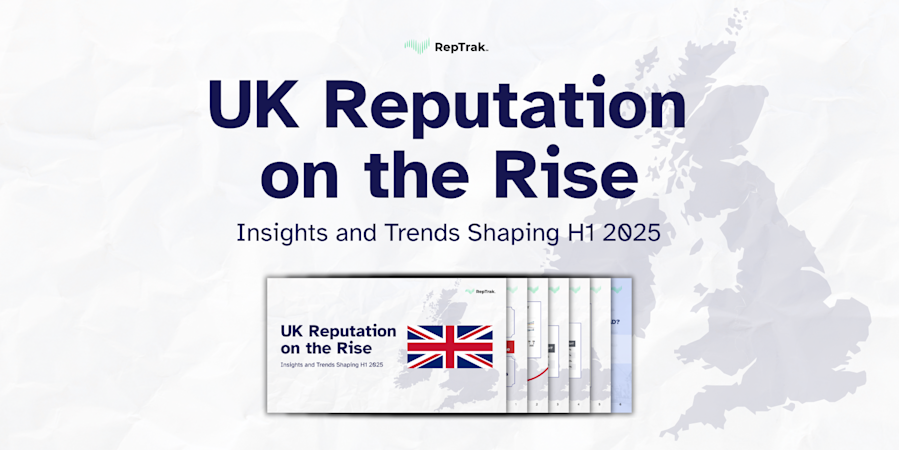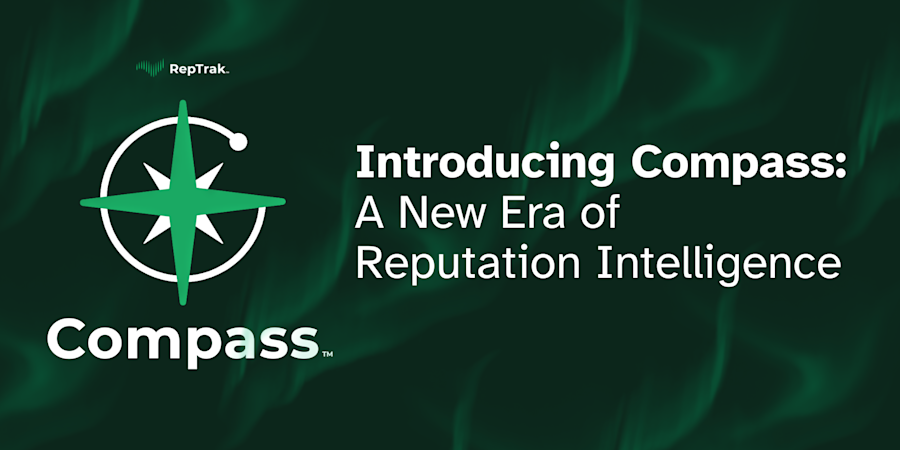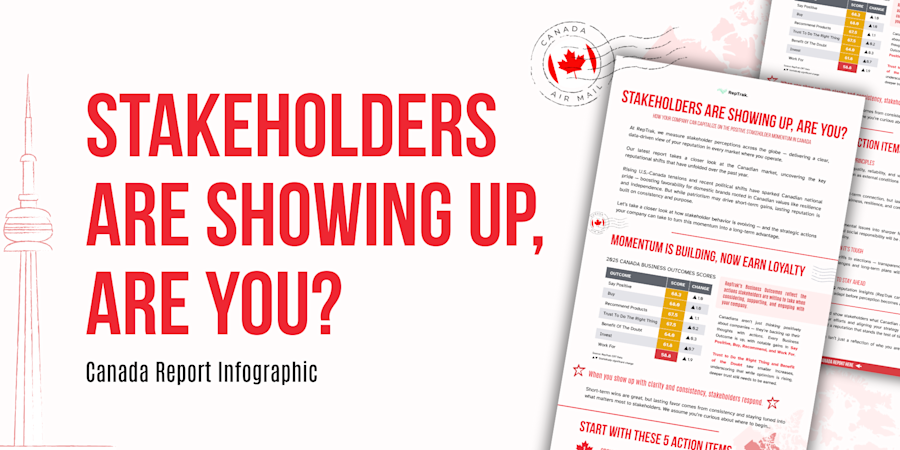Emphasis on Purpose Reflects New Expectations for Corporate Leaders
Blog Post27 Aug, 2019
The recent declaration from the Business Roundtable that the purpose of a corporation is now to serve all of its constituents (including workers, customers, investors, and wider society) marks a seminal change.
Creating and protecting shareholder value has long been accepted as a CEO’s raison d'être, and the acceptance of 181 U.S.-based leaders that this is no longer the case reflects the trend we are witnessing in Australia—that leaders are expected to play an increasingly pivotal role in stewarding their company’s broad reputation for character than the traditional overriding focus on capability (profit and shareholder value).
Capability Reputation vs. Character Reputation
The Reputation Game, the 2017 book from British authors Rupert Younger and David Waller, neatly split different elements of a company’s reputation into two broad buckets: capability and character.
An organization’s reputation for capability reputation is driven by factors such as the quality of its products and services or how quickly it innovates, while aspects of its character reputation might include how well it treats staff or how it reduces its environmental footprint. This explains why companies can have a split personality in terms of reputation. We trust Uber and Facebook to deliver their core services (take us from A to B, keep us connected with friends online) but we don’t necessarily trust their character (how much drivers are paid, how safe our data is), for example.
Leadership must take a stand
But one driver of reputation is harder to categorise—leadership. Does the performance of the CEO and leadership team contribute to a business’ capability reputation, or is it part of its character reputation?
At The RepTrak Company, we have more than 10 years of data and insight on corporate reputation, so we crunched the numbers ourselves and were able to pinpoint a fascinating recent development. Throughout 2014/15 and 2016/17, the majority of the Australian public saw leadership as part of a business’ capability reputation, but in 2018/19, this flipped—leadership was for the first time seen as part of the character component of reputation.
For senior leaders and corporate communicators seeking to build and protect reputation, this development poses challenges. Knowing that Australians now predominantly view leadership as part of character reputation, focusing only on a CEO’s capability may not shift the reputational dial.
In the current climate, leaders may, therefore, need cajoling to reveal more about what drives them and to help the public to understand more about their life outside the boardroom. What do they represent? What causes do they support? What motivates them beyond delivering value to shareholders?
On top of this, knowing when the emphasis needs to shift from capability to character is also tricky. New entrants and market disrupters undoubtedly have to start by building their capability reputation in order to grow—whether that’s cheaper or better products (JB Hi-fi) or a new disruptive model (Afterpay), before then ramping up the focus on character. Household names like Facebook and Apple are guilty of failing to successfully pivot in this way, but others like Aldi (proactively reporting on its environmental and community impact) are learning these lessons and reaping the benefits.
How effectively organisations can manage this shift in emphasis will be a growing trend in corporate reputation management. Business leaders and corporate communicators need to think about where their companies are on the capability versus character journey, and the decisive role of leadership in this mix. It will be intriguing to see whether Australian executives follow the declaration of their U.S. counterparts and take bold steps to clearly signify this shift.
Oliver Freedman Managing Director ANZ The RepTrak Company [email protected]






